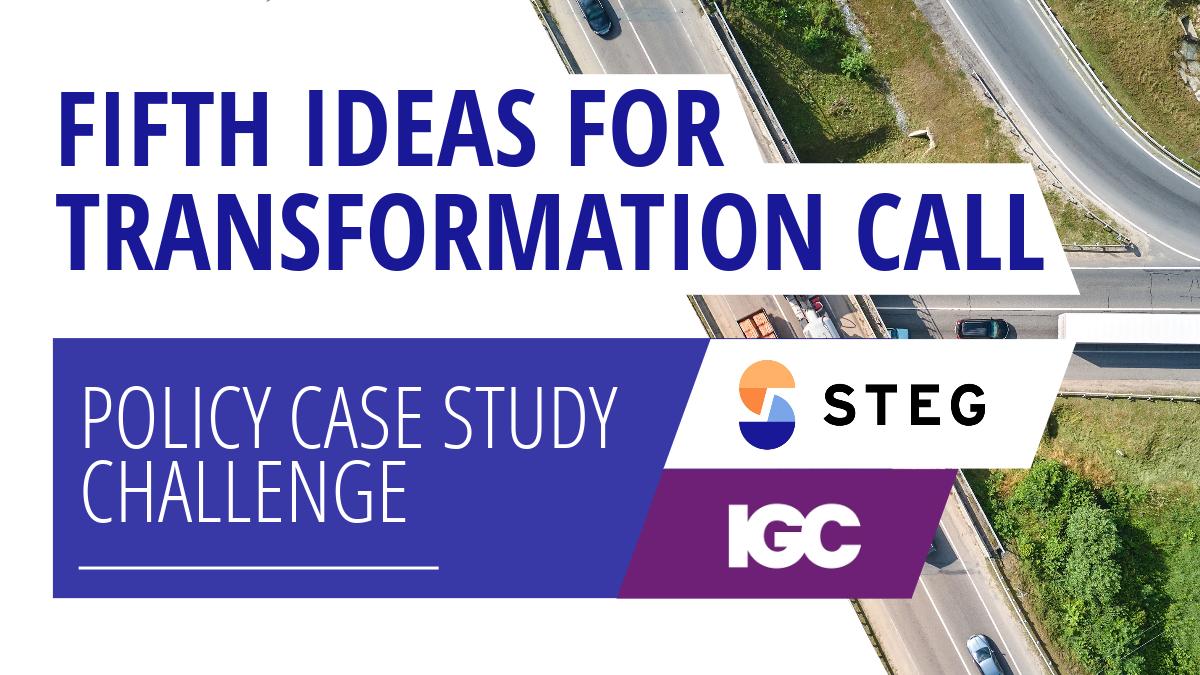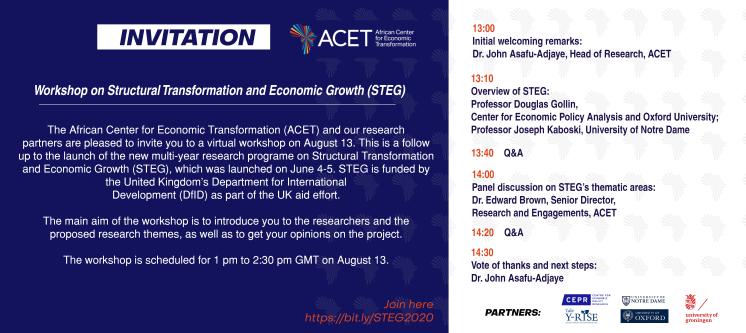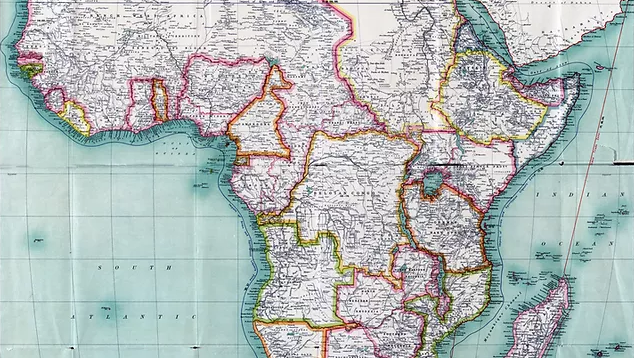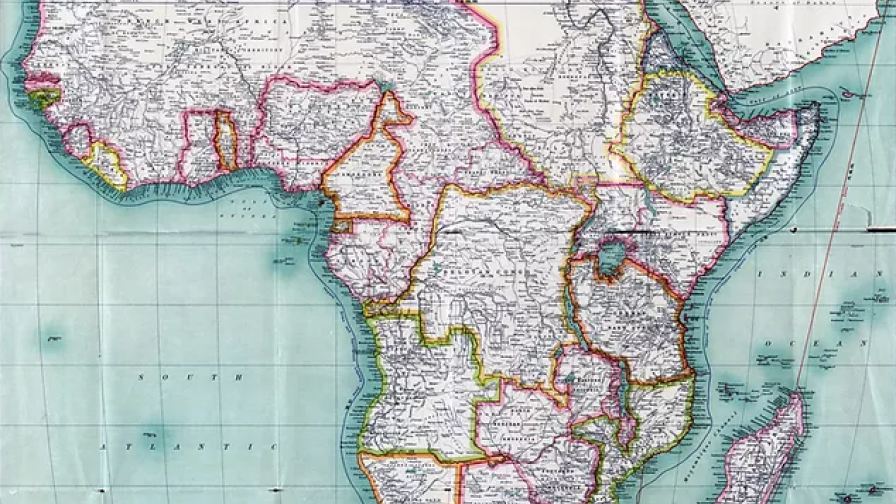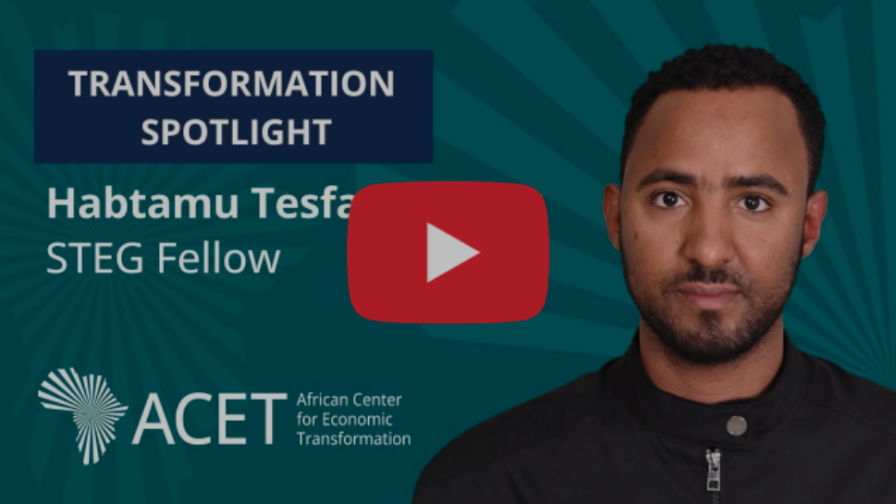IGC and STEG are pleased to announce £2,000 awards for exceptional case studies that identify and describe a pressing policy problem or market failure that is related to promoting sustainable economic growth in developing countries. Sustainable growth refers to countries developing their potential in an inclusive way that improves social, environmental, and economic well-being for all, including for future generations.
Case studies are brief and largely non-technical essays (about 10-15 pages, double spaced), utilizing country-specific expertise, to describe a policy problem and identify opportunities for research. These might be specific and well-documented examples of a market failure or a policy problem – but ideally the cases should have broad relevance across developing countries. We are particularly interested in case studies in Sub-Saharan Africa and South Asia.
We accept applications from a wide and inclusive pool of researchers, including PhD students and early career-researchers in economics or related disciplines (e.g. public policy, political science), as well as policymakers, civil society organisations, practitioners, and think-tanks. Candidates from developing countries are especially encouraged to apply.
Successful applicants will be invited to participate in match-making initiatives with other researchers, and their case studies will be used to inform future research, and be published on IGC and STEG websites. Cases must be related to one of IGCs research priorities or STEGs themes. Policies that address our cross-cutting issues of gender, climate change and the environment, or inequality and inclusion are of particular interest.
What makes a successful application?
We are interested in I4T case studies that address each of the following:
- Use of simple methods (using suggestive data, evidence, or narratives) to demonstrate the existence, relevance, and importance of a policy issue related to sustainable economic growth and structural transformation.
- Suggest interesting issues that can benefit from high-level economic research and analysis. We hope for these essays to inspire further research (possibly collaborative, linking the authors of I4T submissions with other researchers or teams) that further evaluates the significance of the problem or opportunity that could assist in building the case for the proposed policy response.
- Describe policy problems and propose solutions that have a measure of specificity (e.g. not merely “trade liberalisation” or “improved education”), but must also be sizable or scalable enough to impact a countries or regions economic growth in a systemic and sustained way (e.g., impact of poor transport connections on rural agricultural productivity and welfare, and opportunities for investment in road networks). The proposal should also take into account how the proposed policy might contribute to effects at the macro level. For instance, perhaps transport problems lead farmers to produce low-value non-perishable crops rather than higher value crops that are highly perishable. This might be a problem that affects other rural areas, and so this is an example of a case study that might be interesting to understand in detail.
- By contrast, we are less interested in case studies that show positive effects from an intervention that benefits specific recipients but might have a zero-sum (or near-zero-sum) aggregate impact. Thus, a training programme that benefits some entrepreneurs might not make a good I4T case study, unless it appears to be operating at a sufficient scale to change the overall productivity of an entire sector.
How to Apply
More information on how to apply, eligibility and timeline, and country and policy relevance can be found on our I4T funding page. Projects funded in the STEG-IGC collaboration will follow similar patterns. Examples of I4T projects funded to date by STEG can be found here.
We aim to issue funding decisions within two months of the deadline for receipt of proposals. An I4T is intended to be completed within 3 months. Please note that contracts should be signed within one month of the return of the final decision, which is also the expected project start date.
Case Study Structure
Your case study should describe a specific opportunity for a policy (defined broadly, as an action taken by some set of actors, not necessarily in government) that will plausibly and feasibly deliver a substantial impact on economic growth and structural transformation.
A good case study should contain the following five elements. By extension, your proposal of an I4T study should also contain these elements. The proposal should be submitted along with the CV for the individual(s) submitting the proposal. Proposals that do not follow these guidelines will not be considered.
- Abstract: A brief summary of the opportunity, policy solution and context. If your project is successful, this will form the basis of the project’s description on the STEG website if accepted.
- Introduction: A description of the policy problem or market failure, and the proposed opportunity to promote structural transformation and economic growth. In particular, this description should make clear the geographic, political, and historical context, to the extent that they are relevant. This section should include background information supported by data and evidence that will help the reader to understand the nature of the problem that is to be solved.
- Policy Context: What policies currently apply to this case? What is the history of efforts to change the policy? To what extent has previous literature addressed this problem, and what has been the evolution of policy (if relevant).
- Policy Impact: What is the likely significance and magnitude of a policy change in this instance? How many people are likely to be affected, and how much of a difference would this policy change make in their well-being?
- Plausibility, Feasibility and Implementation: To what extent are there plausible, feasible, and implementable solutions to the problem? Feasibility here refers to both technological possibility and institutional capability. Plausibility relates to the political and social acceptability of the solution. And for a solution to be implementable, there must be some set of actors with the capability and mandate to carry out the necessary steps. A good proposal should be able to identify the particular agencies, or institutions that would implement the needed changes.
- Limitations: What are the potential constraints and alternatives to the proposed policy solution? What might keep this solution from being implemented? Are there other solutions or competing ideas? What criticisms would you anticipate?
